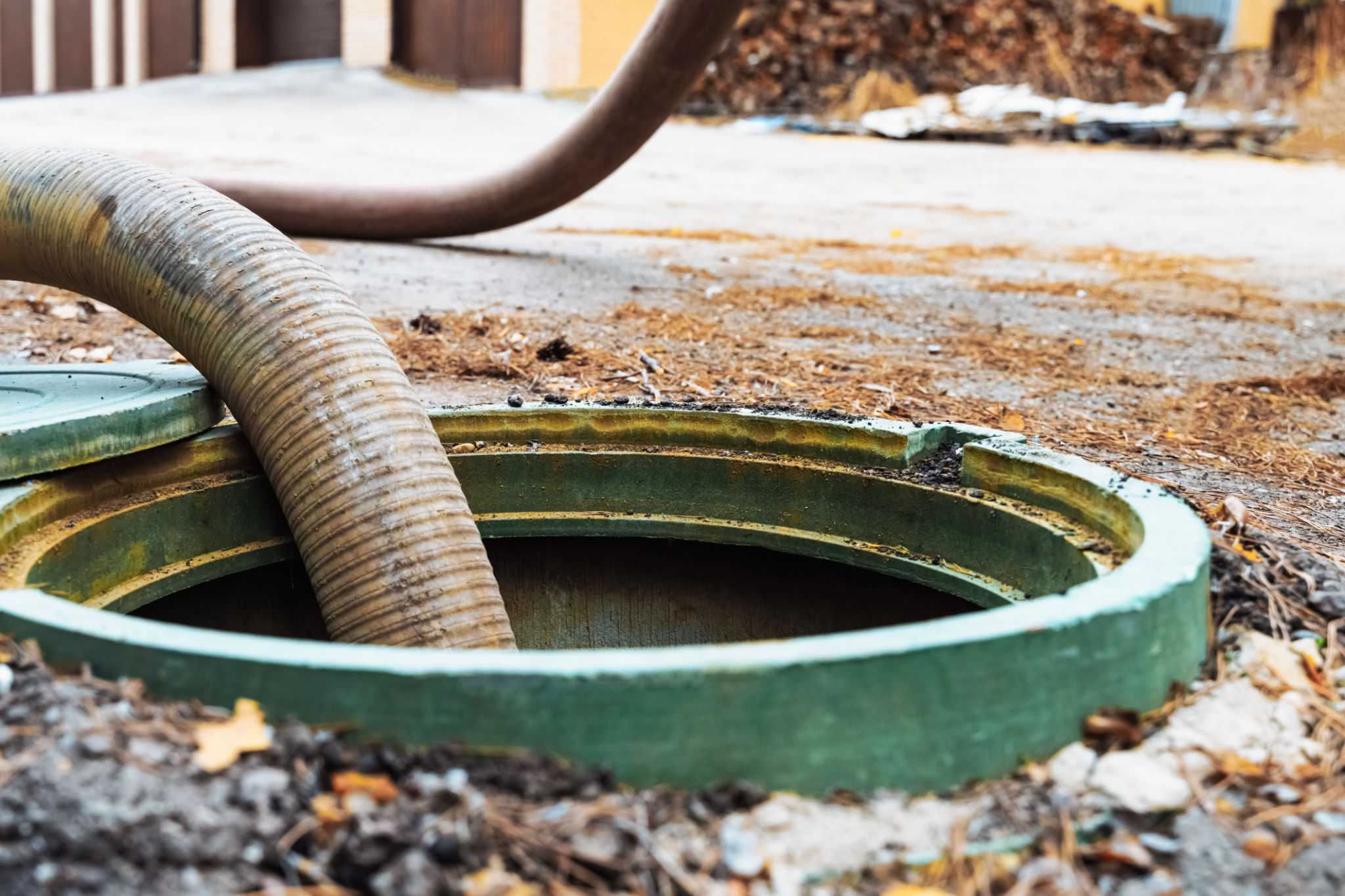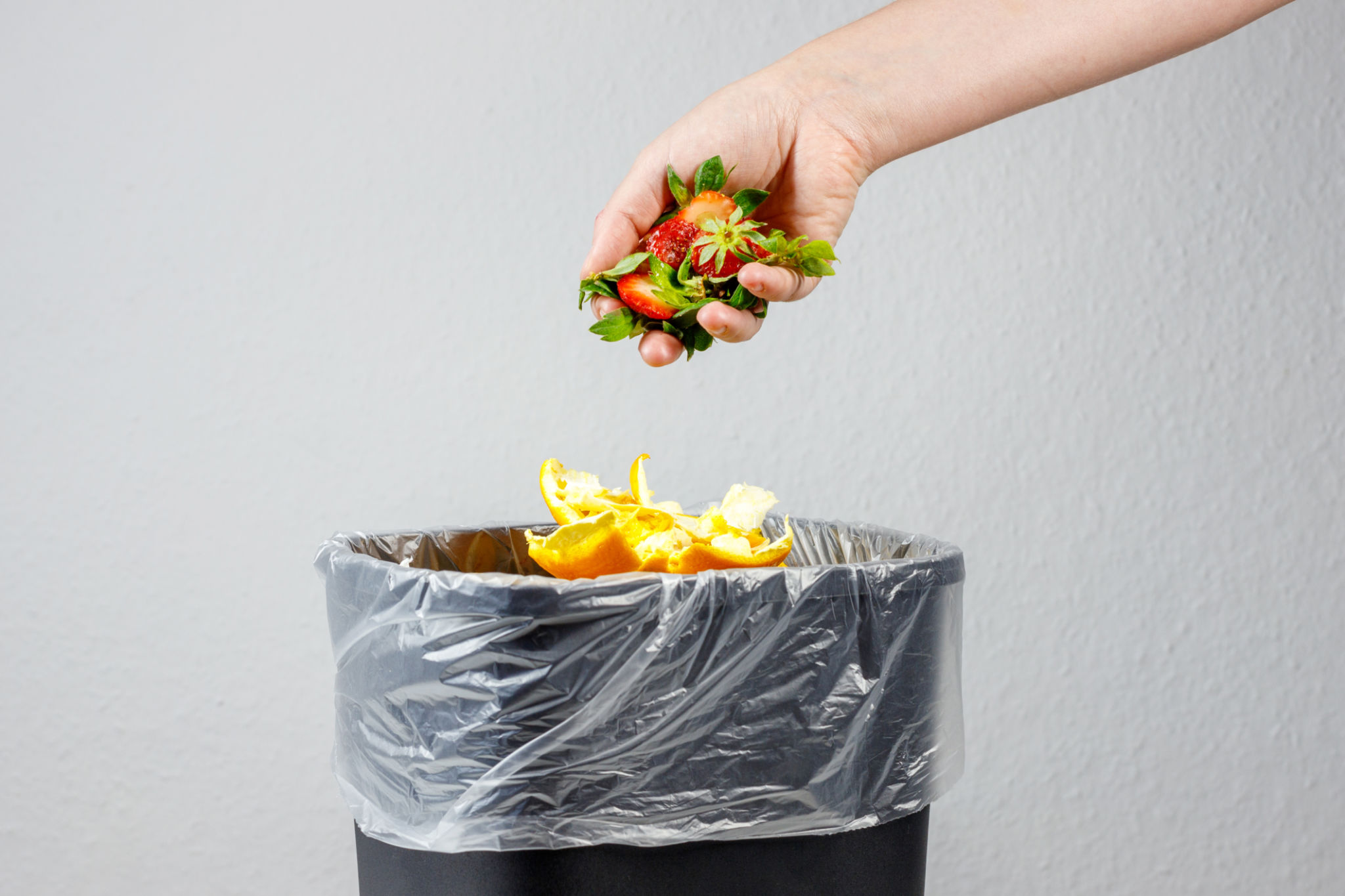Debunking Common Septic System Myths: What Homeowners Need to Know
Introduction
Septic systems are a crucial component of many homes, especially in rural areas. Despite their importance, there are numerous myths surrounding their functionality and maintenance. These misconceptions can lead to costly mistakes and potential damage to your system. In this post, we'll debunk some common septic system myths and provide you with the knowledge you need to keep your system running smoothly.

Myth 1: Septic Systems Require Little to No Maintenance
One of the most pervasive myths about septic systems is that they require minimal maintenance. In reality, regular upkeep is essential for the system's longevity and efficiency. Pumping the tank every 3 to 5 years is crucial to prevent buildup that can lead to system failures. Additionally, periodic inspections by a professional can help identify issues before they become significant problems.
Myth 2: Additives Can Replace Regular Pumping
Many homeowners believe that using septic tank additives can eliminate the need for regular pumping. However, these products cannot break down solids effectively enough to replace professional maintenance. Over-reliance on additives can lead to clogs and backups, ultimately resulting in costly repairs.

The Truth About Additives
Additives may help maintain a healthy bacterial balance in your septic tank but should not be used as a replacement for pumping. It's essential to understand that no product can substitute for the removal of solid waste that accumulates over time.
Myth 3: All Household Waste is Safe for Septic Systems
Another common myth is that anything flushed down the drain is safe for septic systems. In truth, many household items can cause harm. For instance:
- Chemicals: Harsh cleaners and antibacterial products can kill beneficial bacteria in the tank.
- Non-biodegradable items: Materials like wipes, diapers, and feminine hygiene products do not break down and can cause blockages.
- Grease: Cooking grease and oil can solidify and clog pipes.

Myth 4: Septic Systems Can Handle All Water Usage
Many homeowners assume that septic systems can accommodate any amount of water usage. However, excessive water use can overwhelm the system, leading to backups and failures. It’s essential to practice water conservation methods, such as fixing leaks promptly and using water-efficient appliances, to avoid stressing the system.
Smart Water Usage Tips
To maintain a healthy septic system:
- Avoid running multiple water-heavy appliances simultaneously, such as dishwashers and washing machines.
- Install low-flow toilets and showerheads.
- Spread out laundry loads throughout the week.
Conclusion
Understanding the truth behind these common septic system myths can help you maintain a well-functioning system and prevent unnecessary expenses. Regular maintenance, mindful waste disposal, and smart water usage are key strategies for keeping your septic system in top condition. By debunking these myths and following best practices, you can ensure the longevity and efficiency of your home's septic system.
